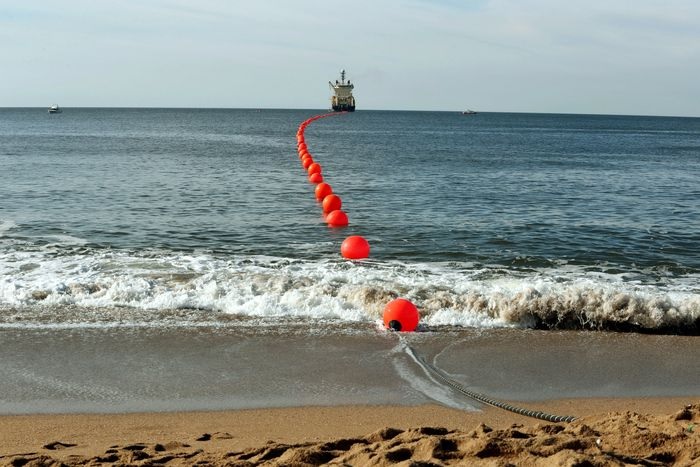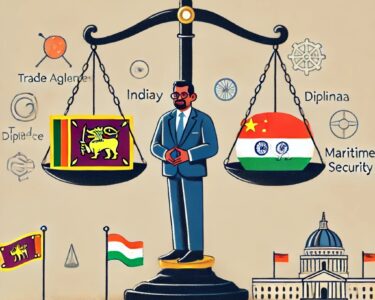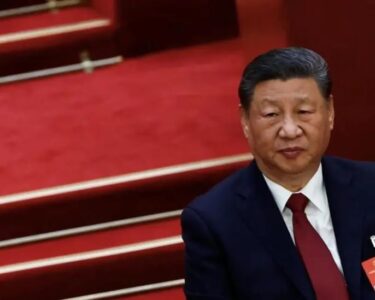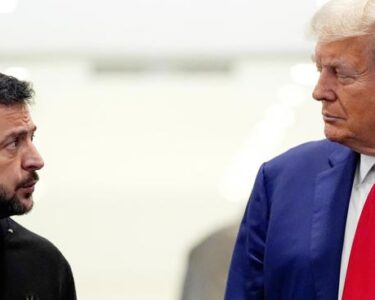Undersea Cable Damage Sparks Regional Concerns: Geopolitical Sensitivity and Connectivity Disruptions
In a developing story with potential global ramifications, undersea cable damage in the Red Sea has prompted regional concerns over internet connectivity and disruptions to supply chains. Israeli news outlets, including the Jerusalem Post and Globes, have reported damage to four crucial undersea cables: AAE-1, Seacom, Europe India Gateway (EIG), and TGN systems. The affected region is off the coast of Yemen, with reports suggesting that the Iranian-backed Houthi rebels are responsible for the attacks.

Kenya and Egypt
Seacom, a cable operator involved in the affected systems, has confirmed damage to a cable segment between Kenya and Egypt. The geopolitical sensitivity of the location, combined with ongoing tensions in the area, poses significant challenges for the maintenance and repair operations, as acknowledged by Seacom. The company is actively working on restoration plans and commits to keeping its clients informed throughout the process.
While initial reports pointed towards Houthi involvement, Seacom has assured its customers that alternative cable routes are being employed to mitigate the impact of the outages. However, the repair process is expected to be intricate, given the scarcity of available cable repair ships and the heightened regional tensions.
The Houthi rebels have been previously linked to attacks in the Red Sea, affecting both civilian and military vessels, especially during escalations between Israel and Hamas. This has led to some shipping companies opting to bypass the Red Sea, resulting in extended shipping times and disruptions to global supply chains.
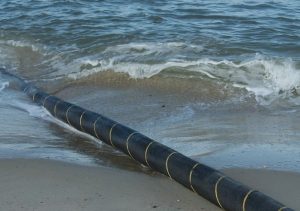
Beyond the cable damage, Djibouti experienced internet access disruptions, with internet monitoring firm NetBlocks attributing it to possible cable damage. Conflicting reports on the precise timing of the incident further add to the complexity of the situation.
While speculation continues regarding the responsible party, experts are divided on the capabilities of groups like the Houthis to execute such operations. Rear Admiral John Gower and former Royal Navy Commander Tom Sharpe express skepticism, hinting that a more sophisticated actor, possibly Iran, could be involved.
Internationally, concerns about the security of undersea cables are mounting. The European Commission has recently urged member states to enhance protections for these critical infrastructure assets.
As investigations unfold, stakeholders are closely monitoring developments amid fears of further disruptions to global connectivity and regional stability in the Red Sea area. The incident underscores the vulnerability of undersea cables and their pivotal role in maintaining global communication networks. The situation is evolving, and updates will be provided as more information becomes available.



